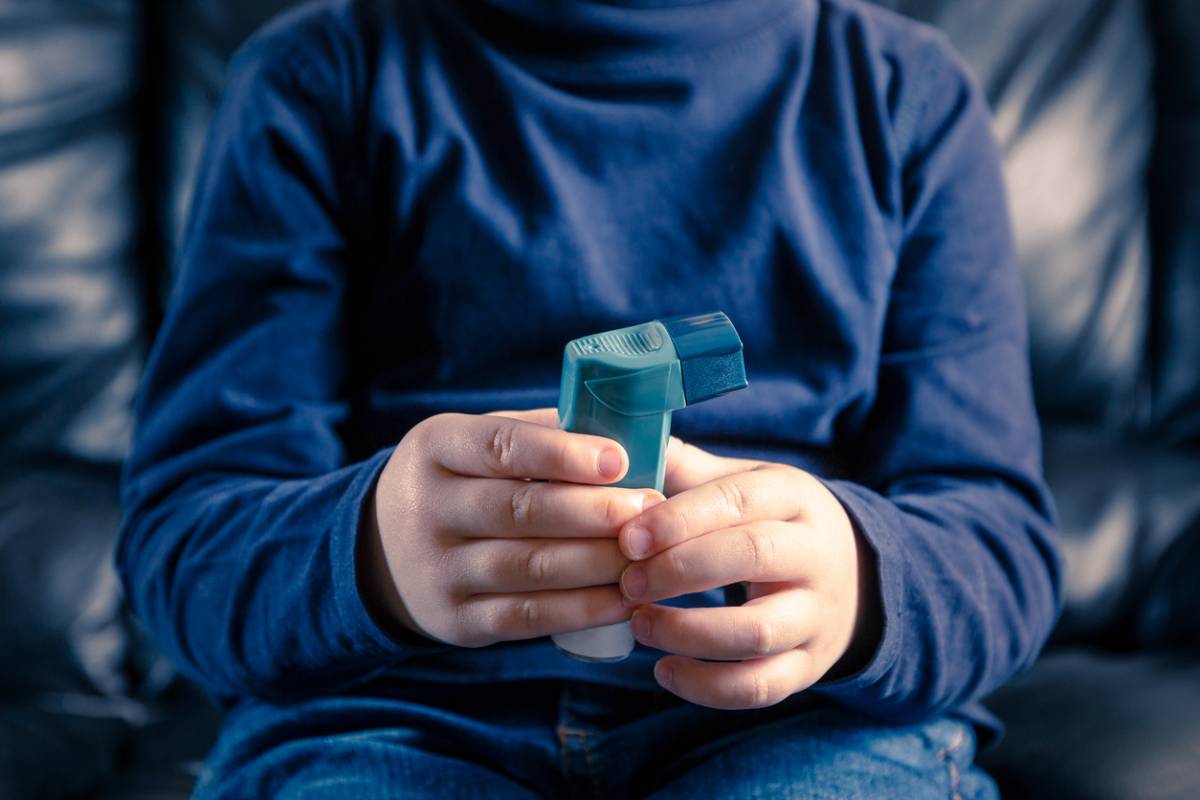Asthma can be a challenging condition at any age, but it can be especially difficult for children. Young children, in particular, are at risk for having serious asthma attacks that require emergency treatment. There are a myriad of factors that explain this correlation. Most center on the fact that your child may not recognize early symptoms or may have difficulty explaining their situation and getting real help. Let’s look at how asthma is a challenge for kids.
How Asthma Is a Challenge for Kids
To help you keep your child safe, let’s discuss the top challenges of childhood asthma and what you can do to help mitigate the risks.
Frequent Trigger Exposure
Children spend a lot more time outside than your average adult, and they tend to interact with the outdoors in a very hands-on way. While it may not be the same for every child, many children will gladly roll in the grass and dig through the dirt at will.
Spending time outside is great for your child’s physical and mental health, but it may be dangerous if your child has a lot of natural asthma triggers. If you find that your child is triggered by things like pollen or grass, then discuss preventative measures with your pediatric pulmonologist in Queens.
The Administration of their Medication
A child with asthma can usually safely administer their own medication by the time they are seven or eight. However, younger children are unlikely to be able to use an inhaler correctly without help.
That means your young child has to have someone present at all times who has access to their medication and knowledge of how to use it. Taking the time to educate close family and ensuring that your child’s caretakers/educators are trained in administering an inhaler is crucial.
Other Adults
Unfamiliar adults may be one of the most challenging aspects of childhood asthma. All 50 states are now required to allow children to carry their inhalers. Despite this, the American Lung Association still reports instances of adults denying children access to their inhalers during the school day.
Your child may encounter adults who don’t believe them, downplay their symptoms, or simply don’t know how to help. For children too young to get help themselves, consider using something like an asthma alert bracelet. This can help your child communicate the seriousness of their needs when they are with other adults.
Ignoring Early Symptoms
Asthma isn’t fun. If your child normally has mild to moderate symptoms, they may ignore the earliest stages of an asthma attack to avoid disrupting their current activity. This delay could potentially put your child in real danger.
To prevent this situation, ask your pediatric asthma doctor in NYC to discuss the subject with your child. Reinforce their message by frequently revisiting what signs your child should pay attention to if they want to avoid getting much sicker.
Lack of Communication
By the time your child is six or seven, they should be able to communicate their needs pretty clearly. It may still be helpful to have a note from you in their backpack or a medical bracelet, but they should be able to tell a nearby adult that they either need help with their inhaler or need someone to take them to the doctor.
Unfortunately, with very small children, communication can be much more difficult. A medical bracelet can be helpful, especially if you teach them to use it as a communication tool. Also work on using hand gestures that communicate difficulty breathing, etc.
The Difficulty of Childhood Asthma
Childhood asthma comes with its own set of risks, but there are methods that reduce the danger to your child. Are you continuing to struggle with frequent hospitalization or attacks? Talk to your child’s asthma doctor to help troubleshoot better solutions.

